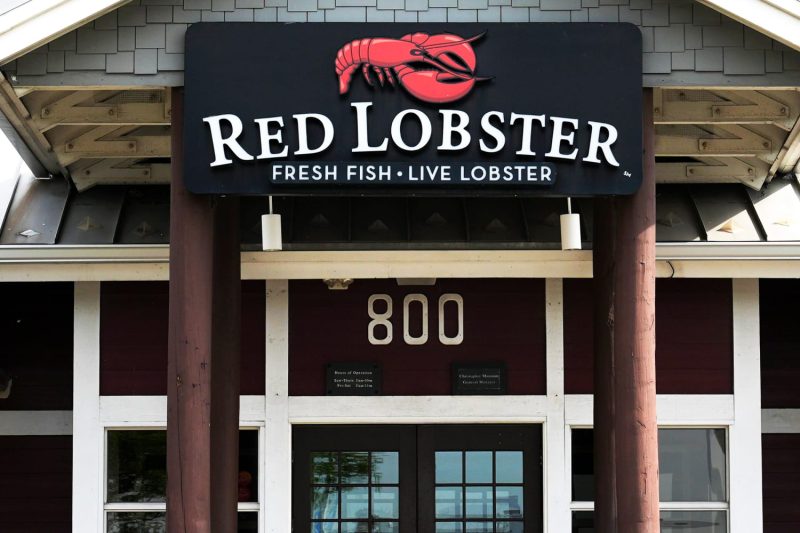In a swift and calculated move, Golden Gate Capital acquired Red Lobster in 2014, seeking to revitalize the declining seafood chain’s fortunes. However, as detailed in an analysis by Godzilla Newz, the private equity firm’s strategy eventually backfired, leading to the unraveling of one of America’s most iconic restaurant brands.
One key aspect that contributed to Red Lobster’s downfall under private equity ownership was the firm’s focus on short-term financial gains at the expense of sustainable long-term growth. Golden Gate Capital opted for aggressive cost-cutting measures, such as reducing portion sizes and trimming down menus, which alienated loyal customers and tarnished the chain’s reputation for generous portions of quality seafood.
Furthermore, the decision to sell Red Lobster’s real estate assets and lease them back proved to be a costly misstep. While this move provided a quick influx of cash for the private equity firm, it burdened the seafood chain with expensive lease obligations, dragging down its profitability and limiting its flexibility in adapting to changing market conditions.
In addition to financial mismanagement, Golden Gate Capital’s lack of investment in updating Red Lobster’s outdated decor and overall dining experience contributed to the chain’s decline in popularity. As consumer preferences shifted towards more modern and upscale dining options, Red Lobster struggled to attract younger diners and compete with trendier seafood establishments.
Moreover, the oversaturation of Red Lobster locations in certain areas, combined with a failure to adapt to evolving consumer trends and preferences, further exacerbated the chain’s struggles. The lack of innovation and differentiation in the menu offerings and dining experience left Red Lobster vulnerable to losing market share to more nimble competitors in the fiercely competitive restaurant industry.
Despite Golden Gate Capital’s initial intentions to turn Red Lobster around and drive profitability through operational efficiencies and cost savings, the private equity firm’s short-sighted strategies ultimately proved detrimental to the seafood chain’s long-term viability. The lessons learned from Red Lobster’s downfall serve as a cautionary tale for private equity investors and restaurant operators alike, highlighting the importance of prioritizing sustainable growth and innovation over quick financial gains in a rapidly evolving market landscape.


































